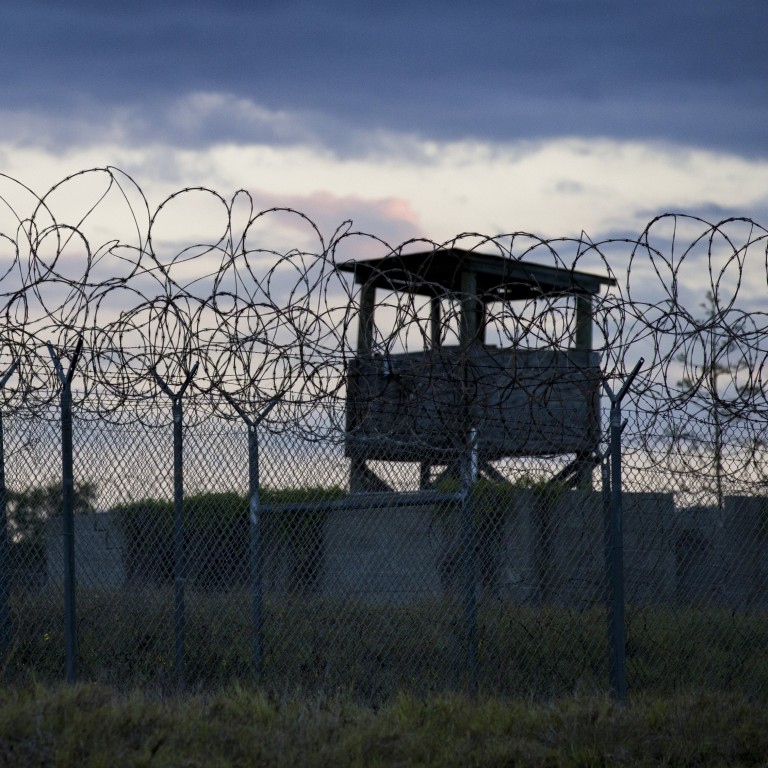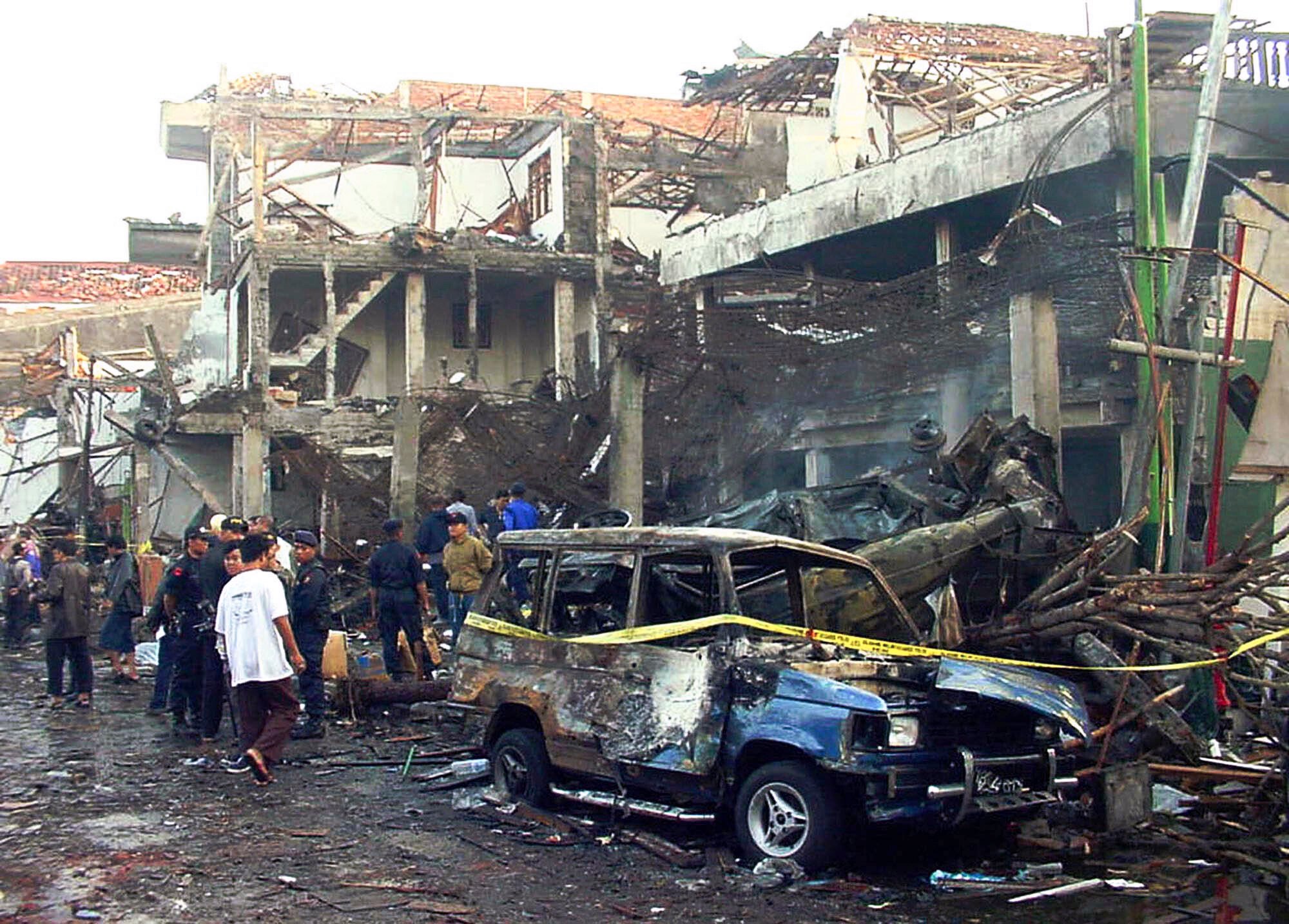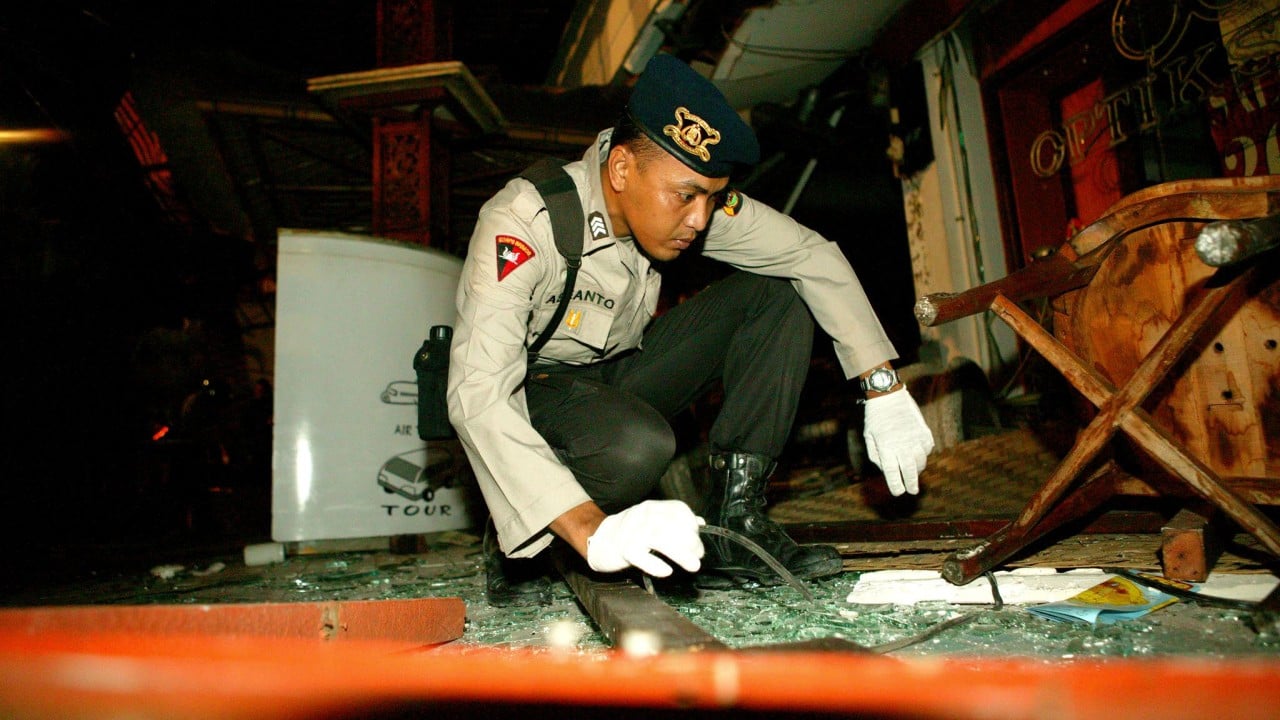
Bali blast suspect Hambali’s family pleads for his release from Guantanamo Bay: ‘charge him, or let him go’
- The suspected mastermind of the Bali bombings, Hambali, has been in Guantanamo Bay for two decades awaiting trial
- Hambali’s brother, Kan Kan, wants a resolution to his case soon. ‘Either charge him and let him serve his sentence and then deport him, or let him go,’ he said
It was more than 20 years ago, towards the end of 2000, that Kan Kan last saw his older brother, the suspected terrorist Encep Nurjaman better known by his alias Hambali.
“He came to visit me and our family in Cianjur. Then the Christmas Eve bombings happened. I didn’t think that he had been involved, but then I saw it in the news and everyone was saying that he had been the mastermind,” Kan Kan said.

“I never asked him about his involvement in the Christmas Eve bombings or the Bali bombing. I couldn’t, and he wouldn’t have been able to answer anyway,” Kan Kan told This Week in Asia.
“In my heart, I always wanted to know.”
Hambali has long been suspected of being a senior member of the Indonesian hardline Islamic group Jemaah Islamiah, although charges were only formally laid in 2021 related to the Bali bombing, and the 2003 attack on the JW Marriott Hotel in Indonesia’s capital, Jakarta, in which 12 people were killed.
Yet justice continues to move slowly for the three men, as the pre-trial motions meant to resume from July 24 to August 4 were suddenly cancelled by the chief of the Guantanamo judiciary, Army Colonel Lanny J. Acosta Jr., on July 12.
“This is a system designed to fail and designed to prevent just outcomes,” Hambali’s lawyer, James Hodes, told This Week in Asia regarding the cancellations.
“The military lawyers and judges must rotate out every two to three years to continue their career advancement. If any of them want to stay longer they are forced out by people of higher rank and so the system fails.”
When Hambali was first sent to Guantanamo, his family was not able to communicate with him, Kan Kan said, but over the years, restrictions have been relaxed. In the early years, Hambali and his family were able to send letters back and forth, before being allowed voice calls and finally video calls.
According to Kan Kan, the conversations, in Bahasa Indonesia, can be laborious. They first need to be translated by a Guantanamo interpreter who is listening to make sure Hambali and his family are not discussing anything inappropriate. There is also a long list of things that cannot be discussed, including anything to do with his case.
According to Kan Kan, requests to meet his older brother in person have been ignored.

The report said that the prisoners were waterboarded, deprived of food, water, and sleep, in addition to being kicked, thrown to the ground, violently slapped and shaken, and held in solitary confinement for months. The report also said prisoners were told that multiple serious harms would befall their family members including physical violence, economic distress and social shaming.
The report went on to say that detainees were also subjected to sexual violence, including anal penetration, and the US government authorised and justified the acts, and personnel enabled and sustained the torture of detainees.
Sidney Jones, senior adviser to the Institute for Policy Analysis of Conflict, described Guantanamo as a “blot on the supposed American commitment to the rule of law”.
“Guantanamo as an institution is a disgrace, and the fact that Hambali has been in custody for 20 years without trial is shameful,” she told This Week in Asia from New York.
They should either charge him and let him serve his sentence and then deport him, or let him go
For now, as for the past 20 years, Hambali’s family can only wait and pray that there will be a resolution to his case soon.
“We are just resigned to the situation at this point,” Kan Kan said. “They should either charge him and let him serve his sentence and then deport him, or let him go.”
Kan Kan said if he could say anything to his older brother, who he has now not seen in person for more than 20 years, he would only need eight words.
“I hope we can meet again one day.”


